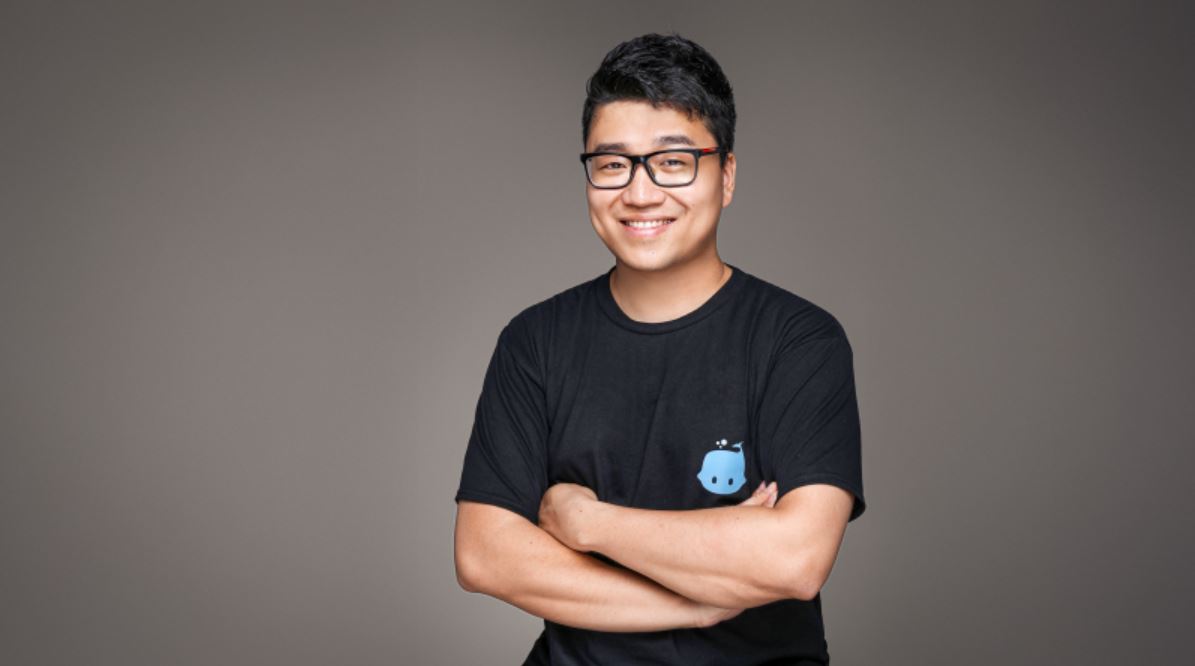 In 2017, Jerry Ye—Caltech alumnus and former Meta data scientist—returned to China with a bold plan: to build a global AI company that marries innovation with tangible results. With early backing from investors, he launched Whale, a startup focused on smart AI software and hardware for retailers.
In 2017, Jerry Ye—Caltech alumnus and former Meta data scientist—returned to China with a bold plan: to build a global AI company that marries innovation with tangible results. With early backing from investors, he launched Whale, a startup focused on smart AI software and hardware for retailers.
Since its inception, Whale has grown impressively. Its client list now includes household names such as Starbucks, Xiaomi, and Unilever. More recently, a successful Series C round brought in $60 million from Bosch Ventures, Singtel, and MDI Ventures, reinforcing Whale’s market position while basing operations in Hangzhou and using Singapore as its global hub.
During a conversation in Beijing, Ye shared a straightforward perspective on navigating U.S.-China tech tensions: “Business is business.” He noted that his team works with global giants like Procter & Gamble and Watsons. According to him, while the evolution of AI might diverge—with China leaning towards marketing and sales and the U.S. exploring niche areas like transportation—Southeast Asia is uniquely positioned to blend the best of both approaches.
Ye also dispelled myths about a shortage of AI computing power in China. He pointed out that advancements in on-device chips mean that AI models can now run efficiently on edge devices, a development that not only bolsters data privacy but also shifts competitive focus away from central data centres.
He believes the immediate financial benefits of AI will show up in marketing and sales by enhancing personalisation and communication between brands and customers. However, he advised caution: while generative AI can create content, real-life videos remain essential for capturing genuine emotion.
Whale’s technology is already making a difference. In markets like China and Southeast Asia, its AI systems have optimised the Starbucks experience by ensuring that orders are rerouted when locations become overwhelmed, meaning you get that cup of coffee without delay.
On the business side, Whale has doubled its revenue annually for the past three years. With last year’s earnings hitting 230 million yuan ($31.39 million) and expectations reaching 400 million yuan this year, the company is growing fast, though it still faces challenges in managing operational costs and meeting varied regional data privacy requirements.
Ye also compared the capabilities of contemporary large language models such as Claude and Gemini, noting that many businesses prefer open-source options to protect sensitive data. He sees the future of AI hardware as being driven more by applications than by AI itself, with software layers providing significant margin opportunities despite challenges like battery life and integration with hardware such as camera-equipped devices.
In sum, Jerry Ye remains upbeat about AI’s potential, confident that large companies can continue to push boundaries even as they work to seamlessly blend AI with everyday technology.








